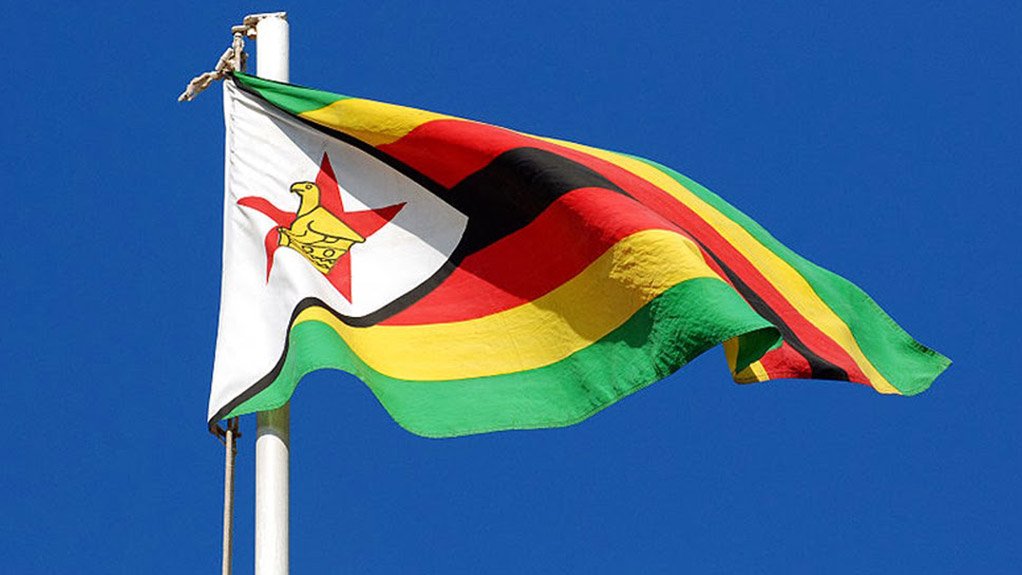Several people were killed and some 200 arrested during protests in Zimbabwe on Monday, the government said, two days after it raised the price of fuel in an attempt to tame the worst economic crisis in a decade.
Police fired tear gas in the capital Harare and second city Bulawayo where protesters barricaded roads, burned tyres and chanted songs against President Emmerson Mnangagwa, who put up fuel prices in the hope of easing a currency shortage.
Security minister Owen Ncube said some people died at the protests, but gave no further details. He blamed the unrest on the main opposition party and political rights groups.
"Regrettably, this has resulted in the loss of life and property, including injury to police officers and members of the public. Full investigations are underway," Ncube said in a statement.
The Human Rights Forum, a collective of local groups, said it had received reports that five people had sustained gunshot wounds. The opposition Movement for Democratic Change said its Harare headquarters was torched late on Monday but the fire had been put out. It did not say who was behind the attack.
The authorities are keen to avoid a repeat of post-election violence in August in which six people were killed after the army intervened.
Riot police patrolled downtown Harare as army helicopters circled above. Businesses closed early and schools called parents to pick up their children, fearing violence.
The main labour union called for a three-day stay-at-home strike starting Monday and central Harare was deserted by 4 pm. Commuters walked home from the city centre because there was no public transport.
"I am stranded in town now and I have no idea how I am going to go home," resident Leeroy Kabanga told Reuters.
Airline Fastjet cancelled its remaining flights to and from Zimbabwe on Monday due to the unrest.
"TIME FOR THINGS TO SETTLE"
Mnangagwa defended his fuel policy, saying prices in Zimbabwe were the lowest in the region.
"Zimbabwe is going through both political and economic reforms and these do not come easily. It will take time for things to settle and results to be shown," he told reporters in Moscow at the start of a five-nation foreign trip that some analysts had expected him to cancel.
"In normal circumstances the president should have cancelled the trip or booked a flight back home to deal with a very urgent situation, but it could be that he has absolute confidence that his deputy is in charge," said Eldred Masunungure, a political science lecturer at the University of Zimbabwe.
Cash shortages have plunged the economy into disarray, threatening widespread social unrest and undermining Mnangagwa's efforts to win back foreign investors who left under Robert Mugabe, whose 40-year rule ended in a coup more than a year ago.
Everyday life is getting increasingly tough with the prices of basic goods spiralling and medical supplies in short supply. Motorists wait for hours to fill up at fuel stations where soldiers are often deployed to break up fights over who is next in line.
FEAR OF VIOLENCE
In Bulawayo, police fired tear gas to disperse hundreds of protesters outside the High Court, according to video footage from the Centre For Innovation & Technology, an independent news service which also showed people looting a shop.
Zimbabwe, which now uses the US dollar after abandoning its currency in 2009 after hyperinflation, plans to introduce a new currency in the next 12 months.
But Zimbabweans are still traumatised by hyperinflation, which hit 500-billion percent in 2008 and left the local currency worthless, wiping out savings and pensions. Inflation reached 31 percent in November, the highest in a decade.
Businesses and civil servants are demanding to be paid in dollars. Zimbabwe's largest brewing company Delta Beverages, part-owned by Anheuser-Busch Inbev, threatened to accept only US dollars as payment but later reversed its decision after government-led negotiations.
The government on Monday postponed wage negotiations with civil service unions, who are planning a nationwide strike from January 22 to press for US dollar pay.
EMAIL THIS ARTICLE SAVE THIS ARTICLE
To subscribe email subscriptions@creamermedia.co.za or click here
To advertise email advertising@creamermedia.co.za or click here











